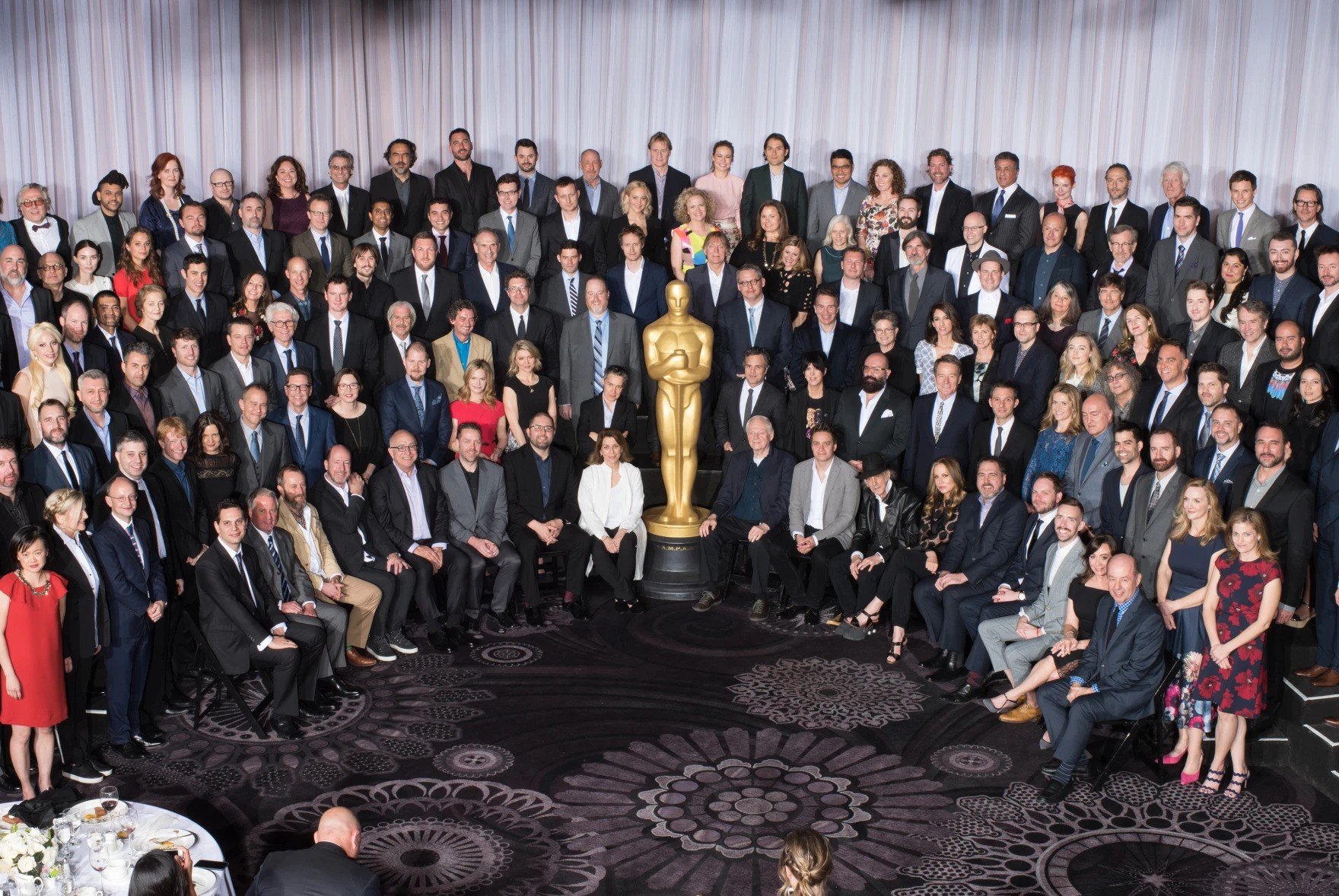Do Award Shows Matter?
Seeking recognition from our peers is a much sought-after goal in most of our lives. This is especially true within the entertainment industry, as its purpose is to create entertainment that a vast majority will enjoy. Art is largely created to be seen by an audience outside of the artist, and this may be the explanation as to why there are ceremonies for recognizing greatness within the arts. Awards such as the Oscars (film), Emmys (television), Golden Globes (film & television), Grammys (music), and the Tonys (theatre) all seek to recognize the best of their craft. Each of these award shows is broadcast to the public in search of even greater praise for those deemed worthy by the Academy of Motion Picture Arts and Sciences (AMPAS) or the Hollywood Foreign Press.
These awards shows are star-studded events. In attendance are famous entertainers and a famous comedian host telling jokes in between the acceptance of awards. Winners thank those who made the moment possible until the in-house band plays them off in an attempt to allow time for other winners. This format has remained the same for nearly a century since the first Oscars in 1929. Because of the stagnation, award shows have become increasingly irrelevant ever since their introduction.
Each year, the award ceremonies that are broadcast on network television reach a new low in viewership. Widespread discussion only occurs in cases of unplanned breaks from the original format. A recent example of this would be the overwhelmingly negative reaction to host Jo Koy’s jokes, which were perceived to be in poor taste, at the most recent Golden Globes. Perhaps the most egregious break from format was when Will Smith slapped host Chris Rock at the 2022 Oscars. Although the purpose of the ceremonies is the awards, they rarely get the limelight.
I believe that the reason behind the declined viewership is that the general public doesn’t find award shows necessary anymore. In the age of streaming recommendation algorithms and websites like Letterboxd, which allows users to rate and post reviews of movies they’ve seen, there isn’t much need for a formal ceremony to highlight what viewers might enjoy. Rather than watching a three-hour self-congratulatory ceremony, a visit to any streaming service’s website or Letterboxd will tell you what everyone’s talking about instantly.
It’s also important to mention that nowadays, it’s no longer necessary to watch the ceremonies live. With most award ceremonies being broadcast on Sunday nights, many prioritize getting a good night's sleep before having to go to school or work the next day. Why put up with hours of commercials, awards you don’t care about, or a comedian you don’t find funny when you can look up who won on the internet the following day?
You would think that these factors would indicate that a change needs to be made for these ceremonies’ survival in the 21st century, and they did. In 2019, in an attempt to make those necessary changes, AMPAS announced that they would be cutting the awards for Best Cinematography, Editing, Live Action Short, and Makeup and Hairstyling from the live broadcast. Aside from this announcement, the Academy later announced that they would also implement a Best Popular Film category. The announcement was met with severe backlash and the Academy withdrew the decision. The cut categories remained in the broadcast and the Best Popular Film category never came to fruition.
In the Academy’s eyes, the reason for the decline in viewership was the number of technical categories and that too many “artsy” films were nominated for the average person to appreciate. So, to increase viewership, they tried to appeal to audiences that don’t care about films beyond major blockbusters.
It’s unlikely that award shows will go through with the radical changes needed to breathe life back into them as those in charge of the ceremonies tend to be an older demographic desperately grabbing at whatever minor adjustments they can make to the ceremonies without altering tradition. The Los Angeles Times found that the average age of the Academy voter is sixty-three, with seventy-six percent of them being men, and ninety-four percent being white—hardly representative of the average film buff or even the average person in the United States today.
Perhaps the inevitable collapse of award shows will be a wake-up call for the obsolete systems in place today that refuse to change, and make room for something better.
Strike Out,
Writer: Matías Civita
Editor: Lindsey Limbach
Tallahassee



